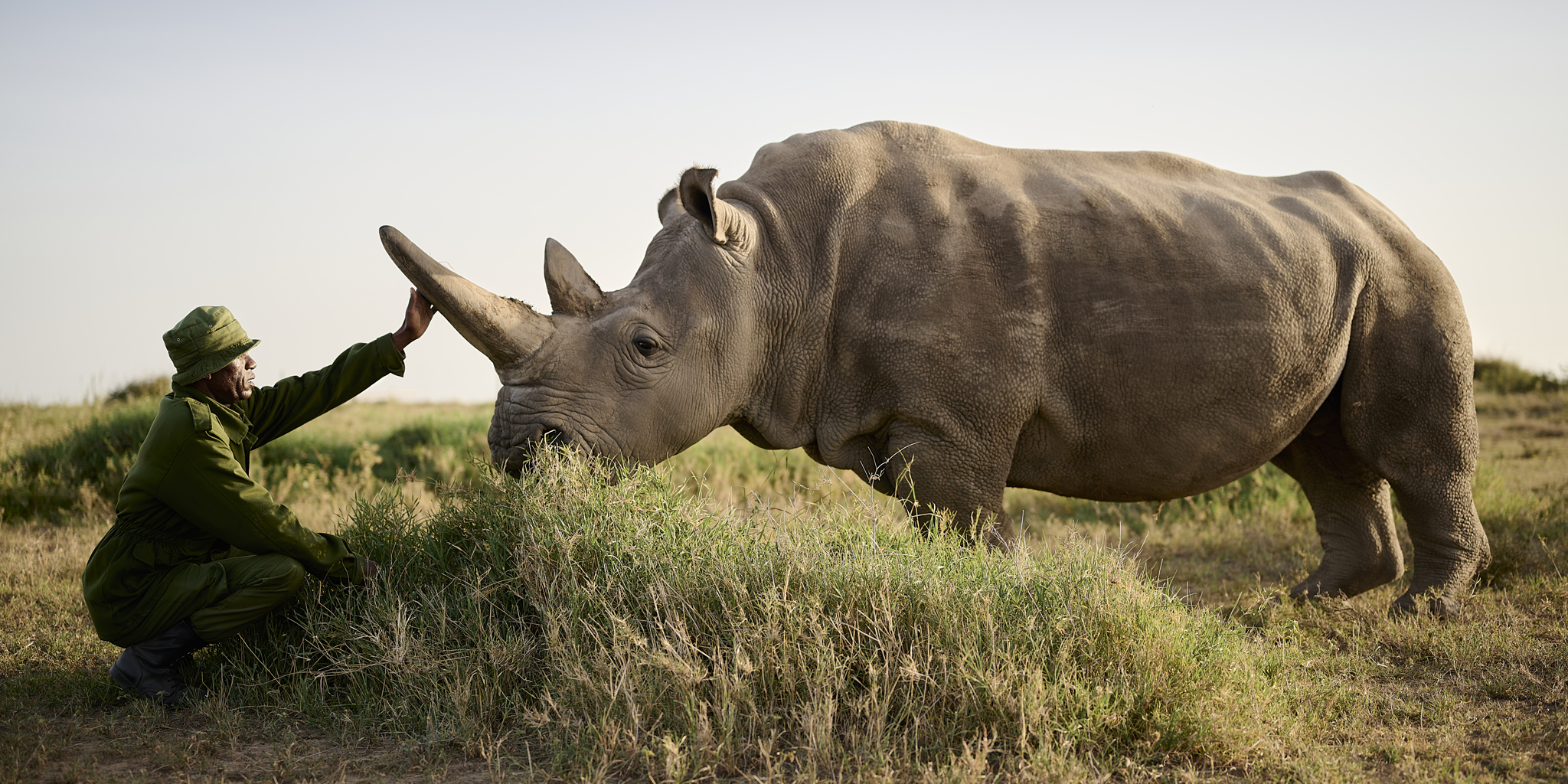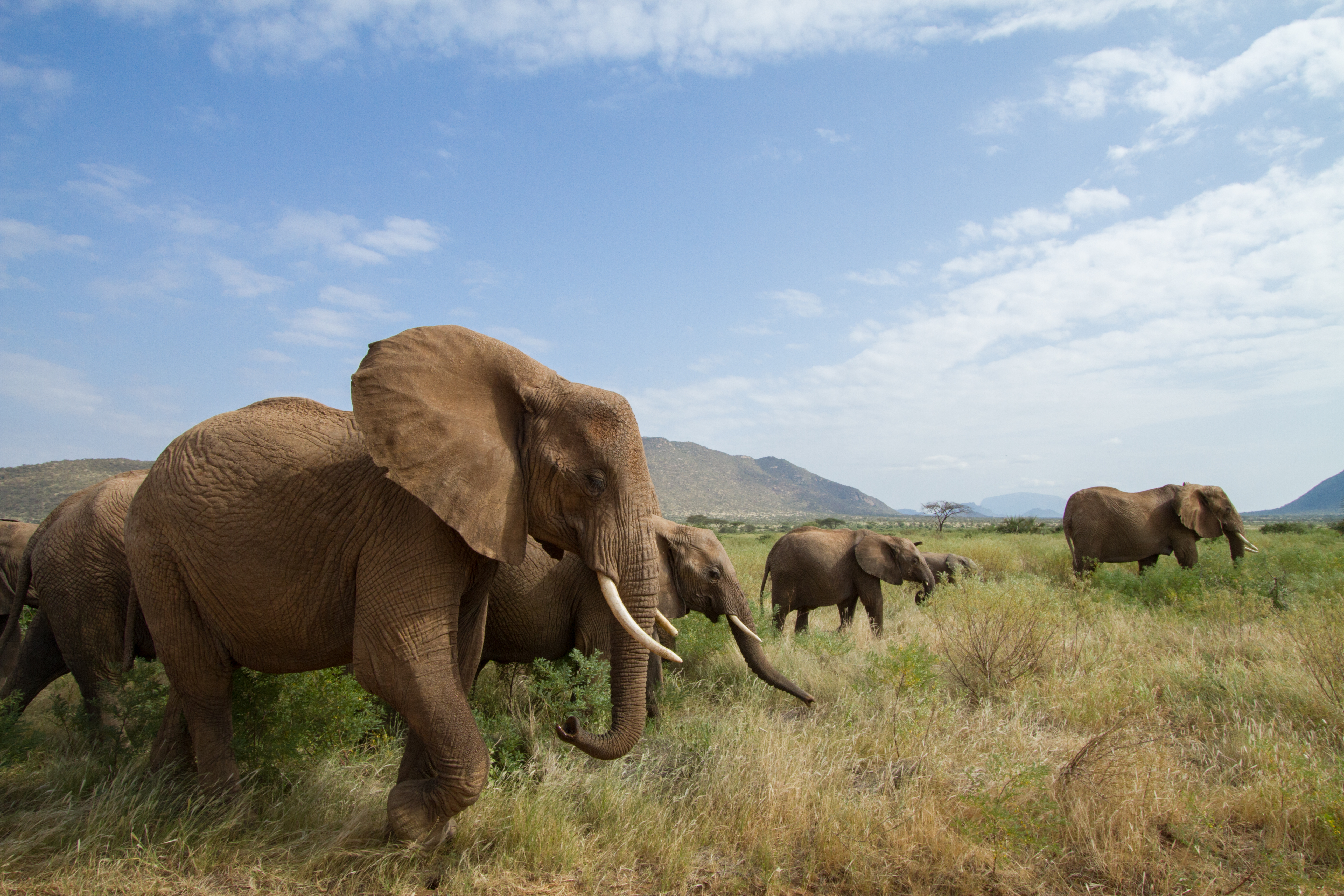At YZ, we think it’s our duty to give back – one of the reasons why Yellow Zebra was founded – and we’re not alone in this. We’re really pleased that our clients are increasingly interested in responsible travel too – it’s no longer a fad but, more often than not, a fact!
Now guests can take part in up-close research of endangered species and even get hands-on experience of conservation efforts. It could be that you simply choose to include an eco-friendly camp within your stay, or you might decide to focus your whole safari to Africa on getting involved, meeting local communities and witnessing the success of conservation projects first hand.
Below, we’ve detailed the enormous amount of work that’s going on in the background, highlighting a range of destinations, companies, and properties that deserve a special mention as they head towards a sustainable future.
 UK / International
UK / International
 USA
USA
 CA
CA
 Australia
Australia













